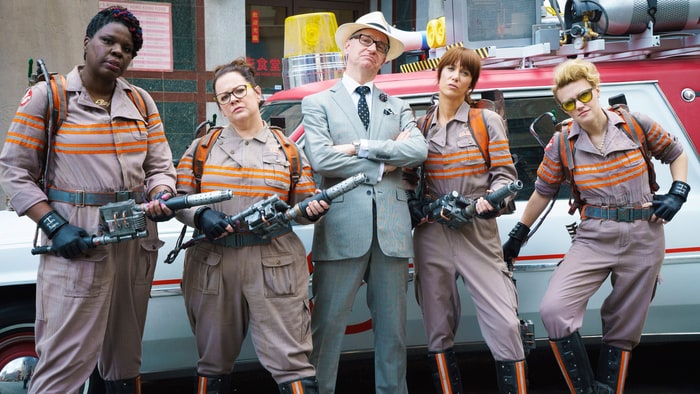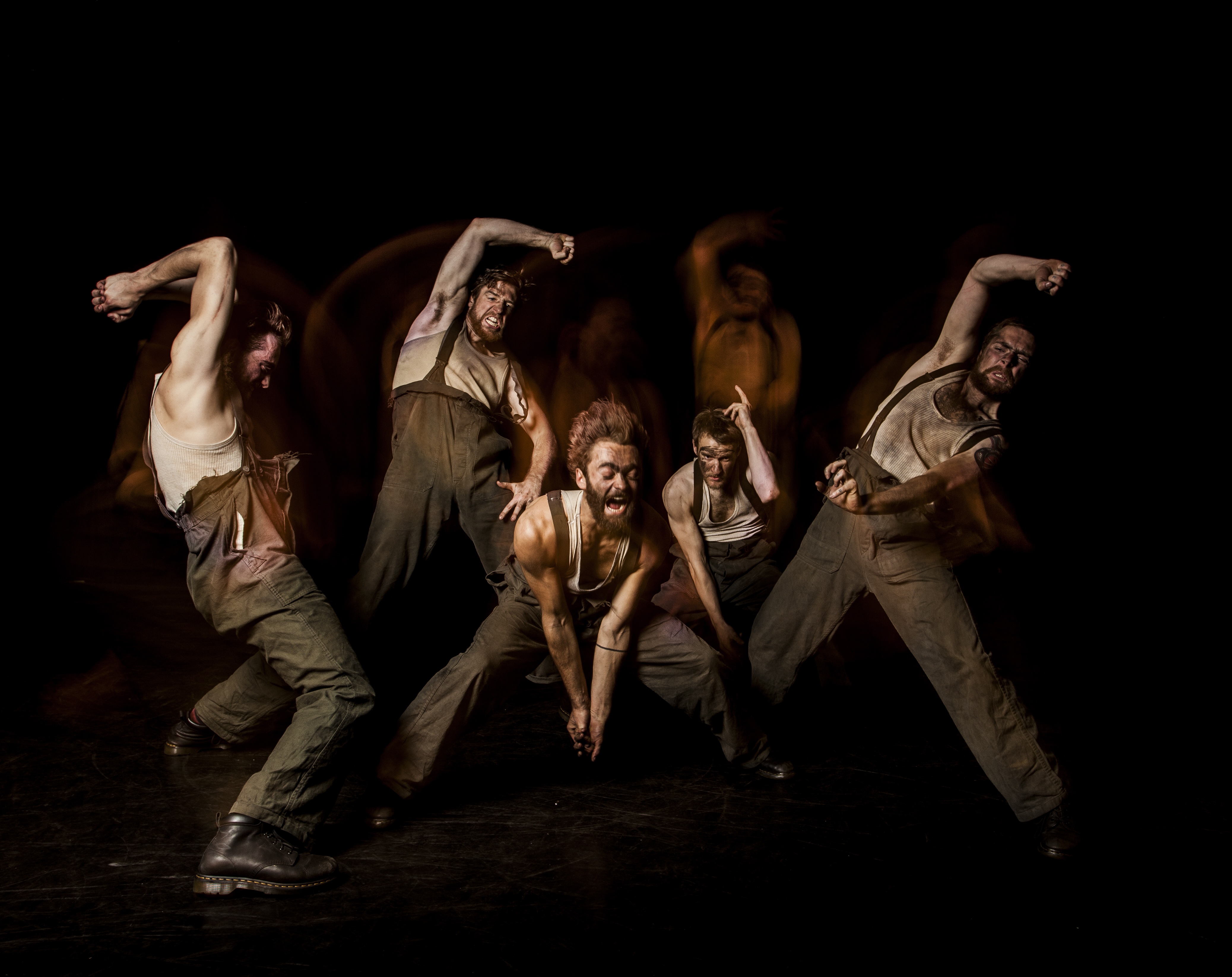Only Darren Aronofsky could make ballet – pretty, demure, elegant ballet – so terrifying and painful to watch that the joints of your feet start to ache along with Nina’s (Natalie Portman) and you wonder if lessons for your little sister is such a good idea.
The film opens on Nina, in the sparkling tiara and tutu dreamt of by little girls the world over, dancing the transformation scene in Tchaikovsky’s Swan Lake. Nina is a dedicated ballet dancer in a company full of young women all desperate to win the role of the Swan Queen.
Nina is awarded the role, much to the contempt of her associates, and so she begins the gruelling rehearsals which will see her take on both the role of the White Swan and the Black Swan. Nina is a perfect White Swan, but the company director Thomas (Vincent Cassel with sleaze-dials on full) is concerned that she cannot dance both parts convincingly enough.
Several cracking bones, snapping muscles, violent dream-sequences and a lesbian sex-scene later and Nina is unhinged; her transformation from the pure, innocent ballerina to the psychotic, aggressive black swan is complete.
In typical Aronofsky fashion, the gore is very gory, the colours washed out, the gaps in the dialogue leaving you permanently on edge (bring a spare pair of pants for the bath scene). However, another signature of Aronofsky’s is that you do occasionally feel as though you’re being patronised by a director who has read a very basic film textbook.
The film relies too heavily on black and white symbolism to get its point across – for example, Lily (Mila Kunis) wears a black leotard because to Nina she is the black swan, whilst Nina is usually seen in white and pink. Every so often there’ll be a splash of red onscreen, in the form of blood, costume, contact-lenses or lipstick – as anyone who can spell ‘symbolism’ will realize that it denotes passion and violence, etcetera, etcetera.
Aronofsky has come a long way since Requiem for a Dream (arguably his most famous film) and yet he still insists on hammering glaringly obvious film clichés into scenes that just don’t need them. It is clear enough from Portman and Kunis’ flawless performances that they serve as the binary opposite to each other; that they are retelling the story of Swan Lake itself.
Black Swan manages to defy expectations, however, with its portrayal of a cold and corrupt ballet world. The dancers are ambitious, self-serving and bitchy, and Nina is the worst offender: so intent on securing the role of Swan Queen for herself that she seduces the director, damages her mental and physical health, and becomes obsessively paranoid that her understudy is trying to steal her role.
Winona Ryder is frightening as the crazed, jealous Beth Macintyre, a ballet dancer deemed too old to continue the role of the Swan Queen and who is subsequently cast out of the show she was once the princess of.
Stephen Daldry’s multiple-award-winning ballet film Billy Elliot left audiences with the warm-‘n’-fuzzies, all privately wondering if they were too old to start doing ballet themselves (they were) as it seemed such a nice, fun, elegant way of getting all your feelings out. Black Swan – although undoubtedly as sensationalised as Billy Elliot – comes at the subject from a refreshingly chilling angle, highlighting in bloody detail the insecurities, the injuries, the vindictiveness and the ambition to be perfect that mutilate Nina in her struggle to become the Black Swan.




